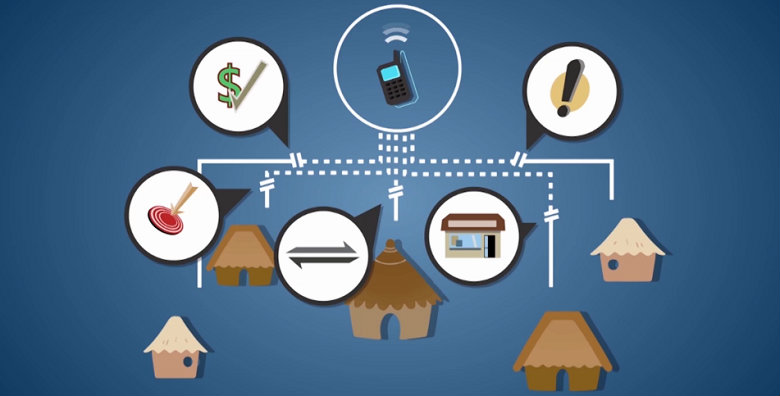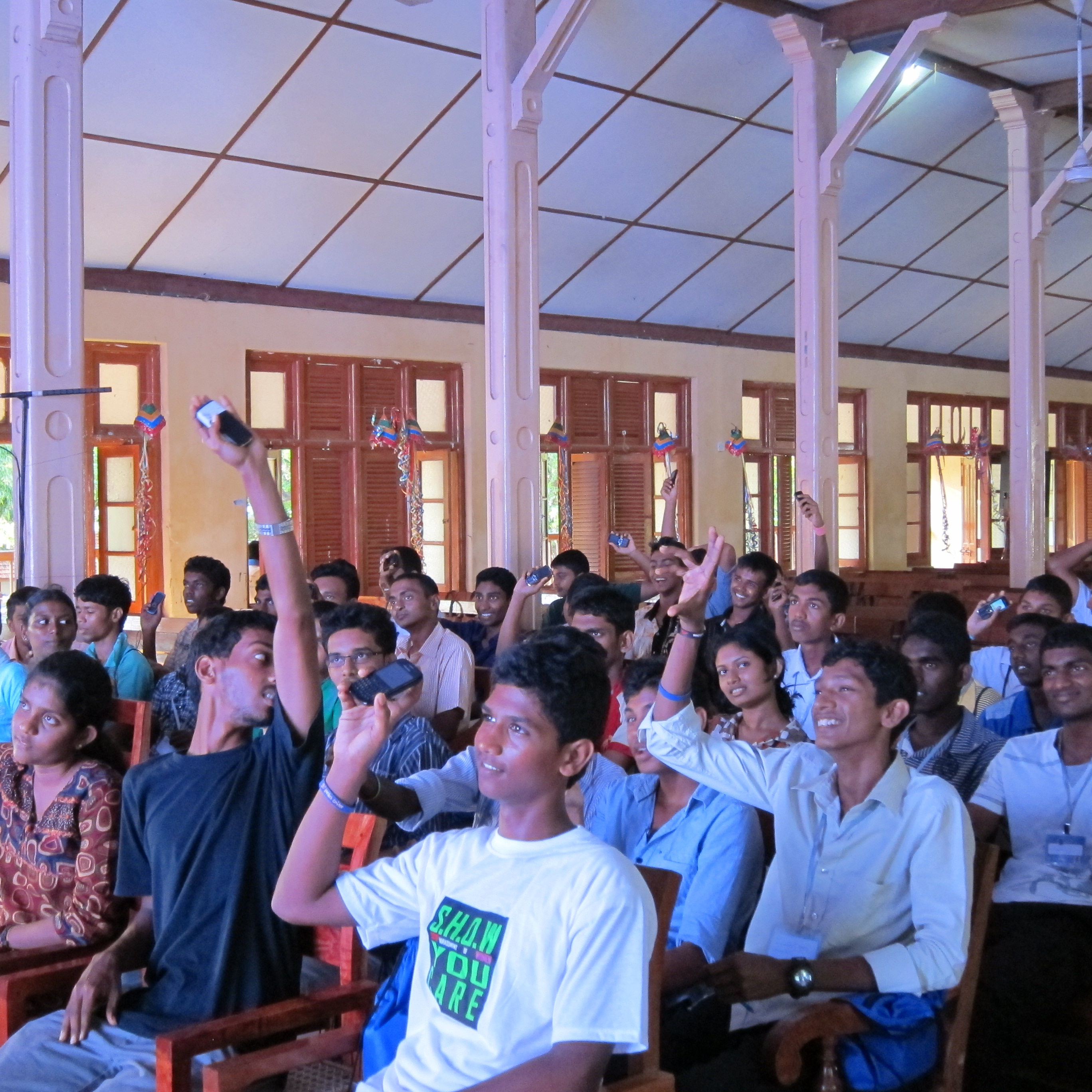The Canadian Radio-television Telecommunications Commission, more commonly referred to as the CRTC, has recently ignited a firestorm among Internet users in Canada. In January, the CRTC announced the approval of a user-based billing (UBB) system.
 The CRTC is an independent public organization that regulates and supervises Canadian broadcasting and telecommunications systems. Reporting to Parliament through the Minister of Canadian Heritage, the CRTC is mandated to serve the needs and interests of citizens, industry, interest groups and government.
The CRTC is an independent public organization that regulates and supervises Canadian broadcasting and telecommunications systems. Reporting to Parliament through the Minister of Canadian Heritage, the CRTC is mandated to serve the needs and interests of citizens, industry, interest groups and government.
According to the CRTC, the purpose of UBB is to manage Internet traffic by the implementation of a flat-rate component with a pre-set amount of monthly usage and a UBB component whereby usage above the threshold are subject to further charges. In the most basic terms, this decision meant that Canada’s big four (Bell, Telus, Rogers, Shaw) Internet providers could force usage-based billing onto their independent competitors and onto Canadians at large.
The reasoning offered by the CRTC for the approval of this new user-based billing system is simple: more bandwidth is being eaten up by customers who are accessing information, downloading or streaming music and video content, or playing games on line. While many Canadians agree that not all Internet users use the same amounts, many are skeptical that this is the sole reason for UBB. The most popular package offered by the big four providers have rates around $30-$35 a month with a 25 gigabit monthly cap. Many users believe that these packages are designed for overages and for the accumulation of profit. With potential overages costing $2 a gigabyte, many people may see their bill not only increase, but double.
The potential impacts of the UBB approval, effects not just people who want to stream video from Netflix or download video games on line. The impacts of a UBB system go much further than gamers and movie watcher, and starts with the smaller ISPs in Canada.
Smaller ISPs in Canada have been offering unlimited plans to residential customers as a way of differentiating themselves from Bell, Telus, Rogers and Shaw. The implementation of user-based billing means that the likes of Bell and Telus can charge increased rates on smaller ISPs who use their infrastructure.
Konrad von Finkenstein, Chairman of the CRTC, recently recognized the relationship between smaller ISPs and the big four: “Despite offering innovation services and real competition, the Small ISPs mostly rely on the Larger Distributors’ networks to reach their residential customers.” As a result of the CRTC decision, many of these smaller ISPs have complained that in effect, their rates are going to be identical to the big carriers – essentially putting them in danger of being pushed out of the Internet business altogether. While the CRTC is reviewing the policy, many wonder what a decision like this will mean for competition and availability among Internet providers in Canada.
User-based billing also has the potential to directly impact entrepreneurs and ICT for development in Canada. UBB will make collaboration, cloud computing, open source data collection and innovation a potentially expensive venture for many. Tools such as Drop Box, Base Camp, Google Docs and Evernote are built for online collaboration and the open sharing of large files. UBB will make these tools very expensive to work with and potentially turn collaboration into a cost-benefit analysis. Every download will eat into the 25 allotted gigabytes, essentially using them up faster than they replenish. A regular high-speed Internet connection runs at 7 megabytes per second, making it possible to reach the 25 gigabyte cap in 7 hours. The tools we rely on for collaboration and innovation could potentially cost more to use then ever before. Many new ICTD companies are reliant on the talent and input of employees who are not necessarily working from one office. Young start-ups may find themselves stuck between a rock and their Internet bill. What this means for ICTD in Canada? No one can really know for sure, but we can brace ourselves for the increased cost of trying to start something new.
Open source data collection tools may also begin to feel the pinch of the UBB system. Data collection of this type is reliant on the contributions of Internet users, users who may now think twice about how much of their cap they are willing to give to contributing to these activities.
This post is not meant to say that the CRTC is going to stifle Canadian innovation. Its intent is to ask the reader to think about, to what extent is the world becoming reliant on the affordability, the availability and the freedom that we assume comes with the Internet?
The CRTC, after much pressure was applied from the citizens of Canada, has chosen to review the ruling. A final decision won’t be made until May of 2011. And in the mean time, Shaw has announced that it will hold off on introducing UBB pricing until the summer, if it all. These may be signs that the big four providers are willing to compromise. Even increasing the usage cap to an amount such as 250 gigabytes per month would be enough to meet the needs of the citizens while still being able to provide quality Internet to Canada.
Photo credit: StayRaw http://www.flickr.com/photos/hqas/



